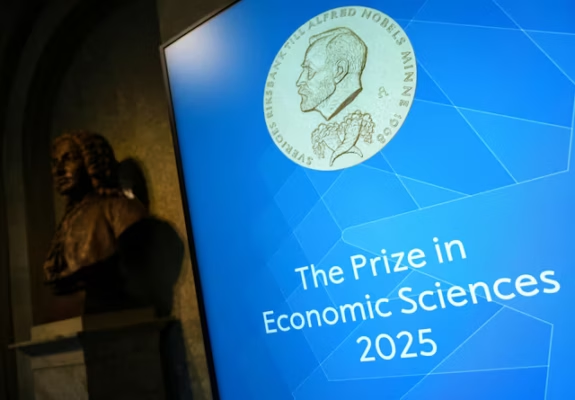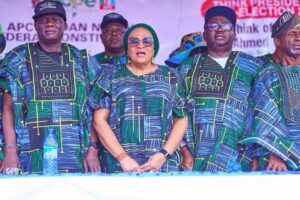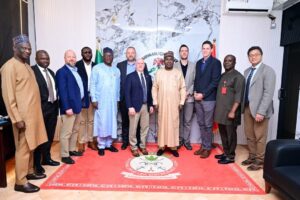As the world celebrates the 2025 Nobel Prize in Economic Sciences awarded to Joel Mokyr, Philippe Aghion, and Peter Howitt for their work on innovation and “creative destruction,” attention also turns to the legacy of previous laureates whose groundbreaking research has shaped global economic thought.
The Nobel Prize in Economic Sciences—formally known as the Sveriges Riksbank Prize in Economic Sciences in Memory of Alfred Nobel—is one of the most prestigious awards in global academia.
Though not part of the original prizes established by Alfred Nobel in 1895, it has become a key component of the annual Nobel recognitions.
Established in 1968 by Sweden’s central bank, the Sveriges Riksbank, to commemorate its 300th anniversary, the prize was first awarded in 1969.
The Royal Swedish Academy of Sciences selects the laureates, following a rigorous nomination and evaluation process.
The award recognizes individuals or groups whose work has significantly contributed to the understanding, modeling, or improvement of economic systems, often with direct implications for policymaking, development, markets, and human welfare.
Here is a retrospective list of some notable Nobel Economics Prize winners and their countries of origin:
- 1969: Ragnar Frisch (Norway) and Jan Tinbergen (Netherlands)
For pioneering the development of econometrics.
READ ALSO: Mokyr, Aghion, Howitt Awarded 2025 Nobel Economics Prize
- 1970: Paul Samuelson (United States)
For raising the level of scientific analysis in economic theory. - 1971: Simon Kuznets (United States)
For his work on economic growth and national income measurement. - 1972: John Hicks (United Kingdom) and Kenneth Arrow (United States)
For general equilibrium theory and welfare economics. - 1976: Milton Friedman (United States)
For contributions to consumption analysis and monetary theory. - 1979: W. Arthur Lewis (Saint Lucia/United Kingdom) and Theodore Schultz (United States)
For pioneering work in development economics. - 1987: Robert Solow (United States)
For contributions to theories of economic growth. - 1998: Amartya Sen (India)
For his work in welfare economics and poverty analysis. - 2002: Daniel Kahneman (United States/Israel) and Vernon L. Smith (United States)
For pioneering behavioral and experimental economics. - 2009: Elinor Ostrom (United States) and Oliver Williamson (United States)
For analysis of economic governance. - 2015: Angus Deaton (United Kingdom)
For his analysis of consumption, poverty, and welfare. - 2019: Abhijit Banerjee (India/United States), Esther Duflo (France/United States), Michael Kremer (United States)
For their experimental approach to alleviating global poverty. - 2023: Claudia Goldin (United States)
For advancing understanding of women’s labor market outcomes and the gender pay gap. - 2025: Joel Mokyr (United States), Philippe Aghion (France), Peter Howitt (Canada)
For groundbreaking work on the role of innovation and the process of “creative destruction” in long-term economic growth.





